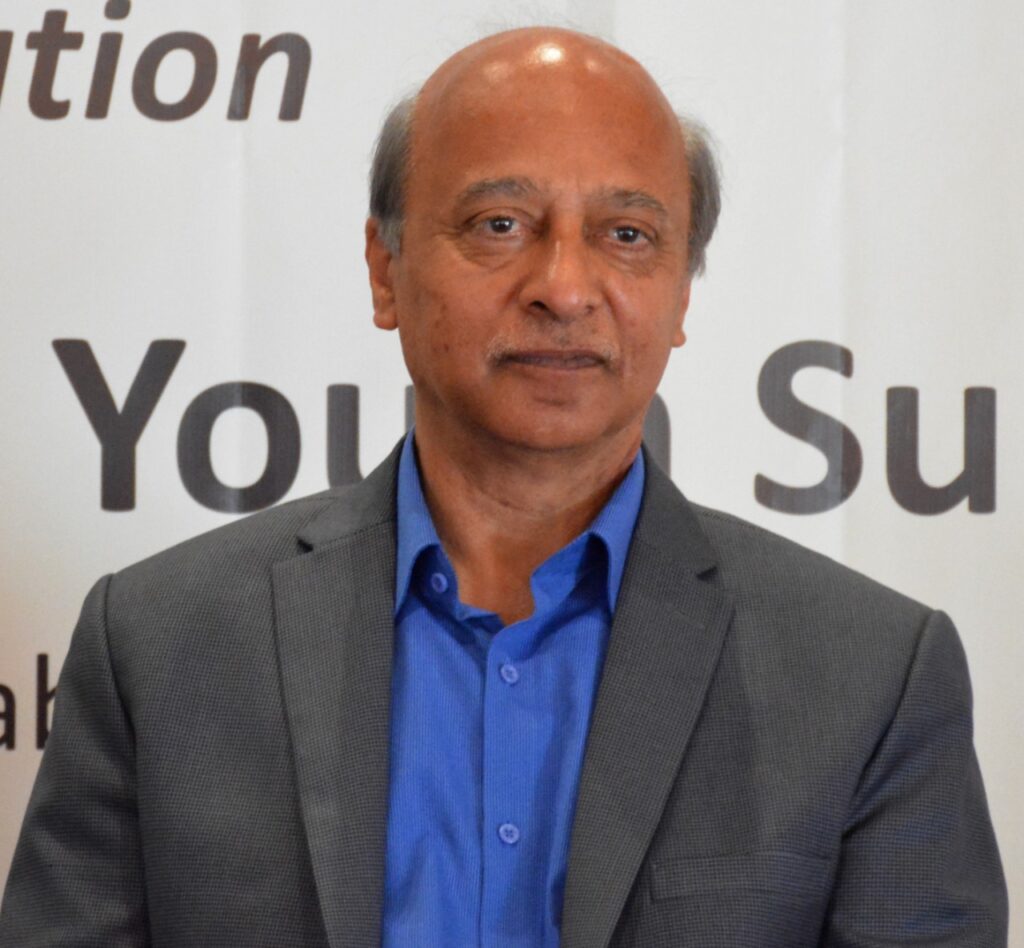Imtiaz Gul

There are rising concerns in the neighborhood as the Taliban rampage through Afghanistan. Pakistan being one of the two critical neighbors with a 2,611 km border is alarmed not only by the dramatic surge in violence but also about how the U.S. and its key allies are attempting to shift the blame of their failures onto Pakistan.
So, what is it that Pakistan wants to convey to the world now?

Below is a list of the messages Islamabad wants the world to consider:
- Pakistan continues to cooperate with the US and its allies under the UN Security Council Charter (UNSC) 7 as a responsible state.
- The US and Allies, who came to vanquish terrorists but ended up signing a peace deal with the same enemy, the Taliban, should not scapegoat Pakistan for their failures in Afghanistan, both in terms of their inability to eliminate the Taliban, and the inability to leave behind a viable military Afghan presence.
- Pakistan cannot provide a face-saver to a mighty coalition – equipped with the most modern hardware – that romanced with the idea of Afghan nation-building after its claims of defeating terrorism. How can US president now deny it’s involvement in Afghanistan for “nation building” or at least the pretext that was used by President George W.Bush?
- Pakistan cannot be blamed for flawed policies of the US and allies that have left Afghanistan as beleaguered and divided as it was before 9/11.
- Pakistan nearly convinced the Taliban to the Doha talks but President Joe Biden’s July 8 withdrawal announcement deprived it of whatever little leverage it had left with the Taliban.
- Pakistan has categorically conveyed to the Taliban that the restoration of the “Islamic Emirate” of Taliban is out of question and the only way out of the deadlock is a negotiated settlement.
- Bringing the militia on the table would not have been possible, had Pakistan not swayed them to cooperate in multiple ways.
- Pakistan has fought enough wars and does not want to partake in another one or trigger violence on its soil by harshly cracking down on sympathizers among Afghan refugee settlements along the border. The socio-political reality of Pakistan is that they have many sympathizers within Pakistan’s clergy which we are trying hard to neutralize and contain.
- Pakistan is trying hard to bring the Afghan stakeholders to some broad-based, mutually accommodating political road map but it cannot be held responsible for the disunity among Afghan stakeholders. They have to be amenable to peaceful conflict resolution because of personal, political, and geopolitical, and frankly egotistical reasons.
- Pakistan is not willing to accept the western duplicity and geo-political exceptionalism any more. This attitude has already shrunk the space for bolder initiatives. The barrage of accusations and slander from across the border and elsewhere forecloses possibilities of going beyond the current level of cooperation.
- The politicizing of Financial Action Task Force (FATF) for geopolitical gains should end. Being an ally of the US, Pakistan had to take part in the US led wars launched in Afghanistan (1979 and 2001). These politically motivated wars subverted the very principles of democracy, the rule of law, and human rights that the West has been advocating and promoting in developing countries.
- Pakistan has put the Durand Line issue to rest by fencing almost 2,500 kilometers of our internationally recognized boundary with Afghanistan. No Afghan leader really objected to it for political reasons. Privately they have endorsed the measure which envisages 843 surveillance forts along the 2611 kilometer border. Some 575 such forts are already in place.
The current generation of civilian and military leadership is trying to extricate the country from the consequences of the mistakes their predecessors committed. Charting a new path out of that maze requires support from within and trust from abroad. The outsiders share an equal blame for having pushed Pakistan into two Afghan wars that directly affected the socio-political and economic fabric of the country. The tendency to call out Pakistan for every glitch that happens next door should stop.

Isn’t it about time to acknowledge the damage two Afghan wars did to Pakistan? Isn’t it time to believe what this country has done as part of an over nearly two decades of counter terror and counter radicalization campaign? Isn’t it odd to believe that any country would want its neighbours on fire? The simple answer to all three questions is to recognize the cost Pakistan has had to pay, appreciate the role it has played as an interlocutor, and understand that an unstable Afghanistan is a nightmare scenario for Pakistan as well as for the entire extended region.



